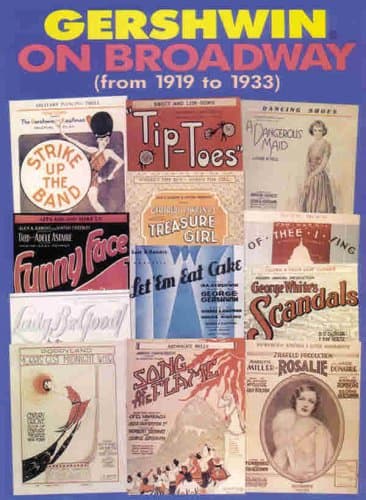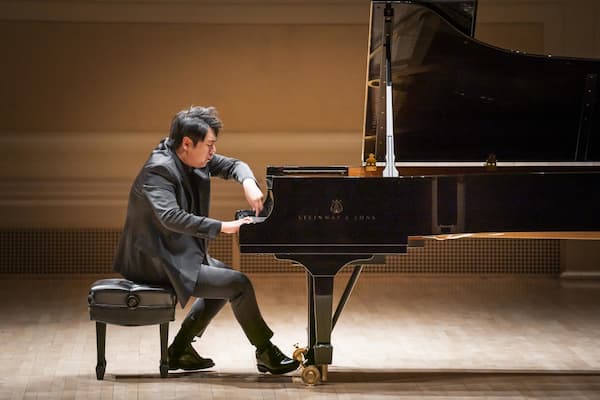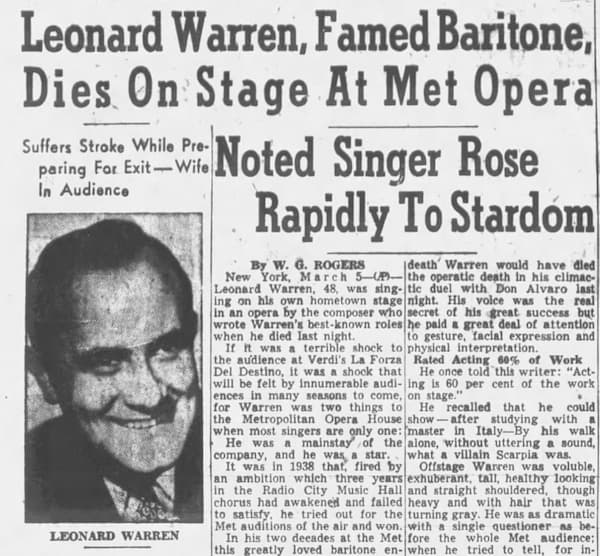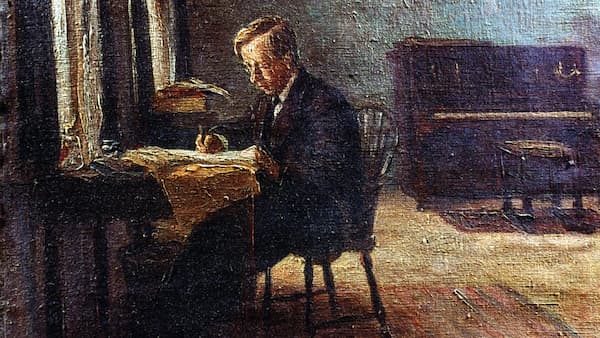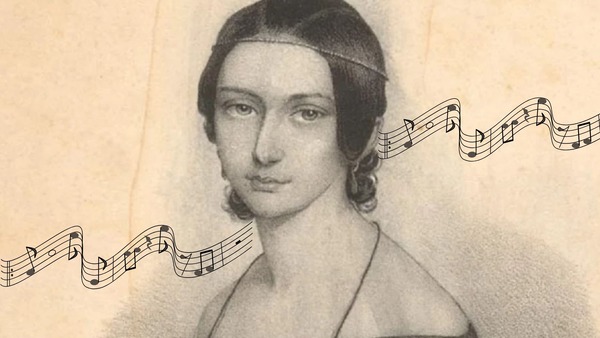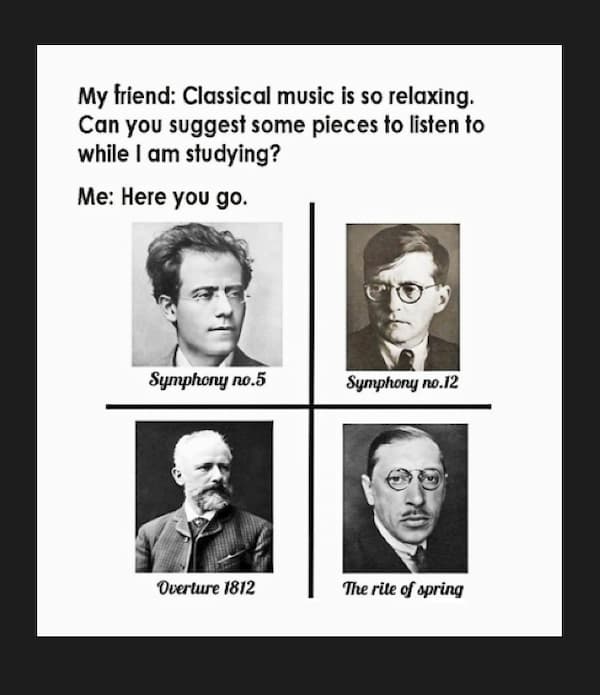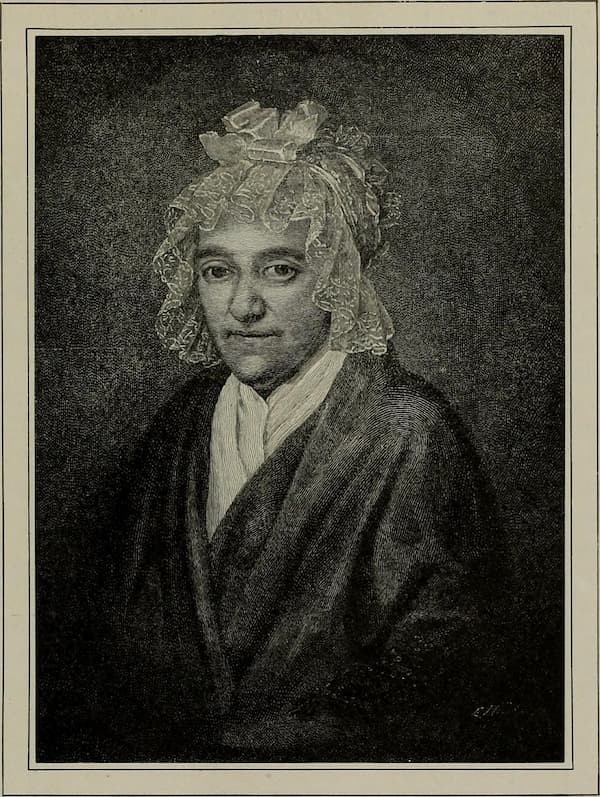Performed as part of the “La Folle Journée de Nantes Festival” in 2025, “Gershwin in New York” brought together the renowned Polish orchestra “Sinfonia Varsovia” and the multifaceted French jazz pianist and composer Paul Lay. Arte TV recorded and broadcast
Blogs
Lang Lang is one of the most famous pianists in classical music. Today we’re looking at his seven most popular performances of classical music on Youtube (for today, we’re leaving aside his crossover performances with non-classical artists). We’re also looking
Opera performances are chock-full of deaths: all fictional, of course. But have you ever wondered what might happen if a singer actually died onstage? Today, we’re looking at the lives, careers, and untimely deaths of five opera singers who died
Tap dancing, with its infectious rhythms and flashy footwork, has a history packed with quirky characters, unexpected origins, and moments that will make you laugh out loud. It’s only fitting that on 25 May, the world is celebrating “National Tap
A significant aspect of Gustav Holst’s (1874–1934) compositional oeuvre was informed by his engagement with non-Western musical traditions, philosophies, and cultural motifs. This interest in the exotic was not merely a superficial appropriation but a deeply intellectual and spiritual exploration,
Franz Liszt and Clara Wieck (known as Clara Schumann after her marriage) were widely acknowledged to be two of the greatest pianists of their generation. Franz Liszt was born in 1811, and Clara Wieck was born in 1819. Both made
It’s easy to be overwhelmed by popular culture today, which bombards us from multiple sources. Statistics show that people have shifted drastically in how they spend their time. Over 60% of our time is spent online. When it comes to
Maria Magdalena Keverich Beethoven, the mother of Ludwig van Beethoven, tends not to play a major role in retellings of the great composer’s life. This is a shame, because her life and death reverberated through her son’s life. Speaking more

